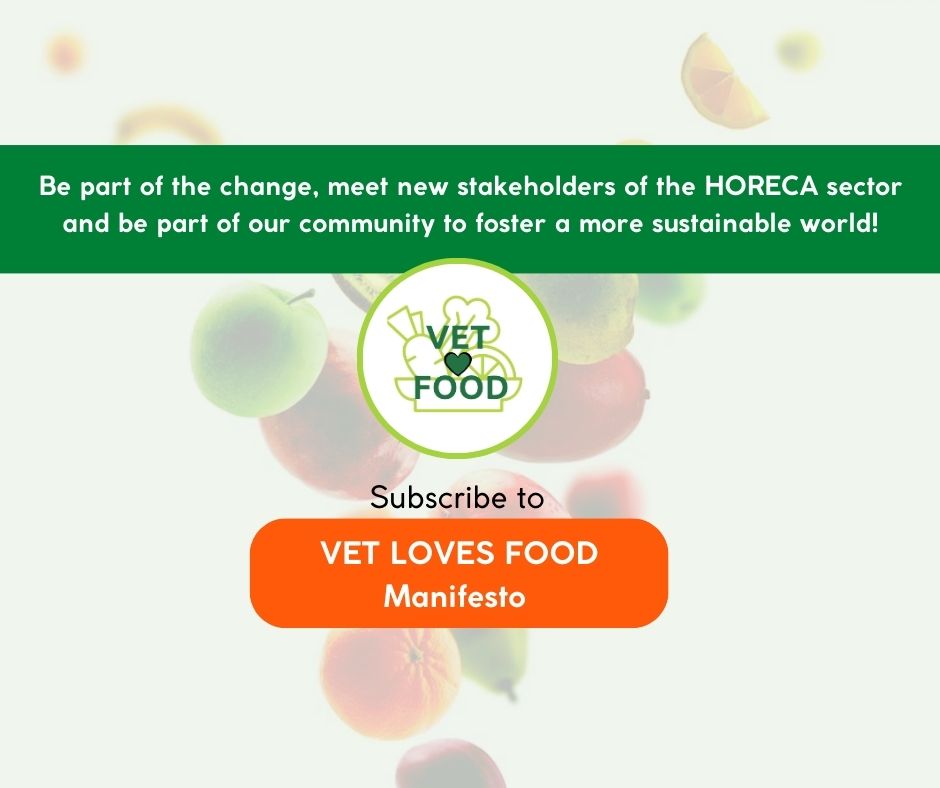It is no secret that the food sector is one of the most damaging to planet Earth due to the use of resources in a non-sustainable way,
These values are based on a more humane care for the animals, opposition to waste (be it food, energy or even water), sustainability, care for healthy diets and concern for the ecological footprint (and environment).
Consequently, and according to some studies done on the subject, it is believed that information on ethically relevant factors for food production can affect consumers’ expectations and their experience with food.
According to a UK study, there is a trend towards increased consumption of products that are positively labelled, meaning that products described as ethical are more likely to receive attention from consumers, sintomasdelsida.org while products that are negatively labelled (in terms of lack of concern for the environment and production) are less likely to receive the same attention.

Because consumer choice has been identified as a determinant component in food systems and environmental sustainability, some authors propose that the halo effect of ethical information can be used to drive market change toward more ecologically sustainable agricultural practices. So, companies and restaurants can utilize this knowledge to their advantage and convey their ethical products as a marketing tactic.
As a result, there is a probability that they may improve their sales and build a name for themselves in this industry, serving as an example and good practice.



